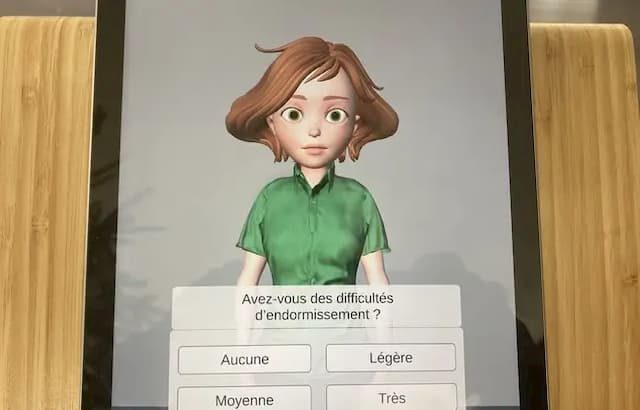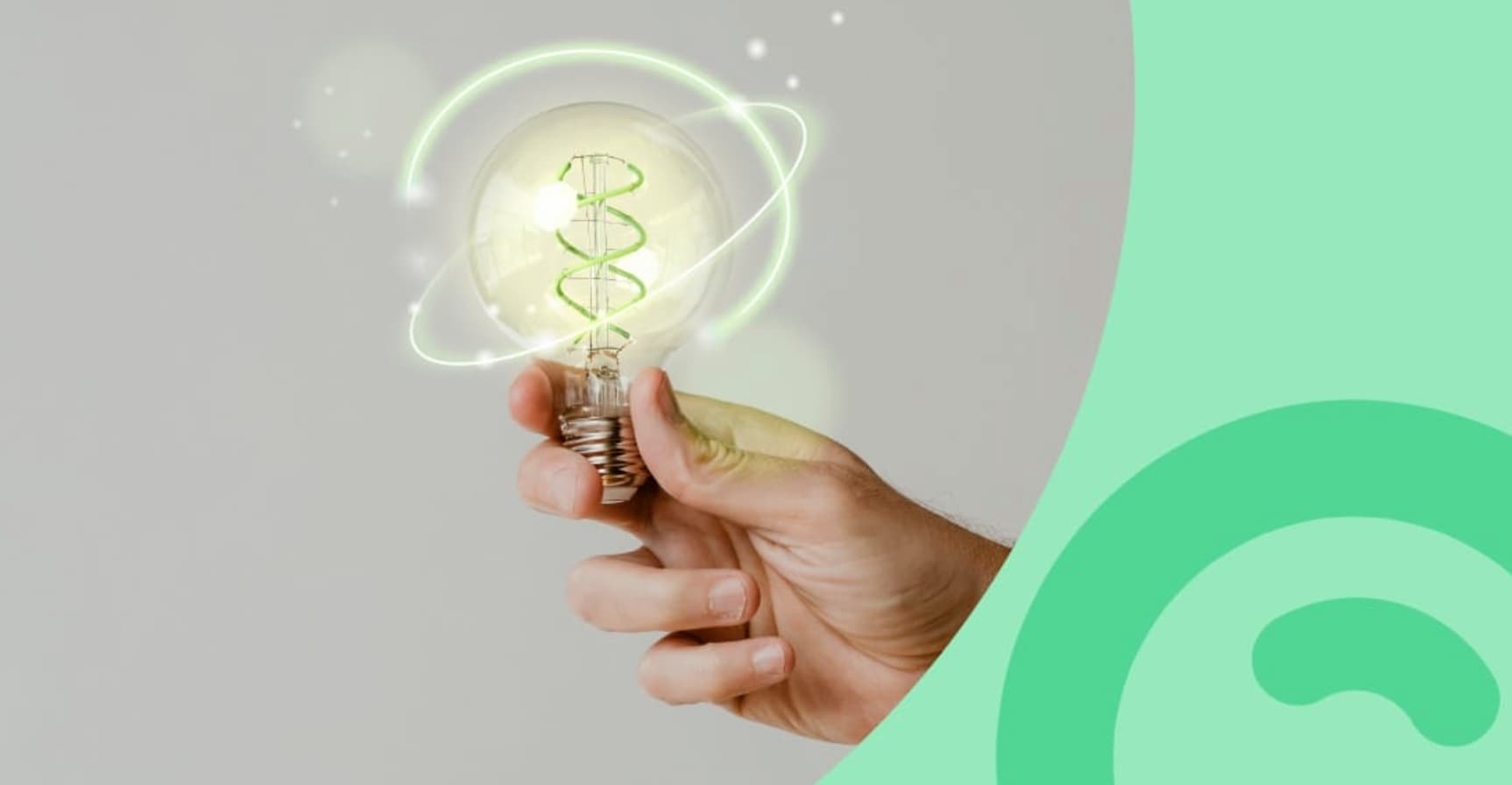Coronavirus: Why Has The Crisis Greatly Degraded Our Sleep?

TROUBLES: The Kanopée application, launched by the head of the sleep medicine service at Bordeaux University Hospital, aims to take stock of his sleep hygiene and more generally his state of mental health during the coronavirus crisis.
- Complaints of insomnia among the French have tripled with the coronavirus Covid-19 crisis.
- The general climate and the loss of social rhythms are partly responsible, underlines Professor Pierre Philip.
- The head of the sleep medicine department at the Bordeaux University Hospital has launched an application, Kanopée, which allows you to monitor your sleep hygiene, but also your alcohol and tobacco consumption and your mental health.
“You don’t treat a 21st-century patient with 20th-century tools. “Head of the university sleep medicine service at Bordeaux University Hospital, Professor Pierre Philip has just developed the second version of the Kanopée application, launched in mid-April during the first confinement.

This free application, already downloaded more than 4,500 times, aims to take stock of his sleep hygiene and more generally his mental state of health, in a period when, with the coronavirus Covid-19 crisis, problems of insomnia, anxiety and depression are on the rise. While the first version centered around alcohol and tobacco consumption, and complaints related to sleep, “understanding the epidemic has enabled us to discover that there are also factors related to fatigue and fatigue. depression which are extremely important. ”
“A real public health tool”
How it works? Kanopée offers a discussion with a virtual agent, and if your sleep seems problematic, you then fill out a “sleep diary”, to determine the times when you went to bed, got up, if you woke up during the night … Kanopée thus draws up your sleep efficiency, which is the difference between time asleep and time spent in bed.
“This app gives you the opportunity to take ownership of your health, which many North Americans do, who are already used to self-monitoring,” insists Professor Pierre Philip. And right now with psycho-social stress, it’s important to be able to offer this kind of assessment tool. It is a real public health tool. “
“Society has broken down functionally, which has a very significant impact on sleep”
The studies on the consequences of the crisis on the mental health and sleep of the French are edifying. The Observatory of Public Health France thus shows that at the time of the first confinement “there were 20% depressed, 20% anxious and a little more than 60% of complaints of sleep”, the norm being 10% of depression , 15-20% anxiety, and 20% insomnia. “When we deconfined, anxiety and depression reduced by half, but not the sleep disorders which even increased a little. This is particularly worrying because it shows that things have not normalized. In the second confinement, anxiety and depression doubled again and sleep disorders remained at 65%. “
The Covid-19 crisis has thus “created general stress, and this suddenly turned on visionaries that we can no longer ignore”, for various reasons. “There is the general climate of course, analyzes Professor Pierre Philip, and the fact that we were confined which made us lose our social rhythms. There are a lot of people working from home as well. Society has become functionally unstructured, which has a very significant impact on sleep. This while, even before confinement, the average sleep of the French was 6.40 am, when it should be 7.00 am.
“People say they are very tired, have trouble recovering on weekends, have no more morale”
Pr Philip warns of the situation. “Three times more people who complain about sleep than people who complain of anxiety and depression, these are staggering and very worrying figures, especially when you know the strong link between insomnia and the risk of depression. . Sleep disorders also have consequences on cardiovascular risks, on immunity, on the risk of infection, and this obviously produces enormous fatigue, drowsiness, with an associated accidental risk. There is a real concept of health related to sleep, because it impacts all organs: when you sleep, all your organs change their functioning. The first thing to do to improve the situation is to restore your sleep hygiene, for example with a more regular waking schedule and with sleep times adjusted to the time spent in bed. “
Along with the studies, the doctor assures us that he sees arriving “a whole category of people who say they are very tired, who have trouble recovering on weekends, who no longer have morale. “The app” is a valuable ally in determining whether it is a passing blues stroke or if it is something more worrying, continues the specialist, the idea being to set up a program of support for seventeen days, and if that is not enough then she puts you in touch with hospital service. Kanopée indeed works for “mild to moderate sleep complaints.” But “the interest is enormous for professionals who can free up the time to devote themselves to severe cases. “
Pr Pierre Philip has also published an Antifatigue book , with Albin Michel, which details a four-week program to combat sleep hygiene problems, and provides advice on his Instagram account pr.philip.
Half of Covid-19 patients develop more or less fatigue
The Kanopée application has also made it possible to determine that 50% of Covid-19 patients “have developed fatigue at varying levels over time, up to several months. At the same time, “thanks to very recent data which have just been published in North America, we know that patients with Covid-19 are twice as likely to have insomnia and to develop depression and anxiety disorders, even if they have had only a mild form of the disease. “
Enjoyed this? Get the week’s top France stories
One email every Sunday. Unsubscribe anytime.


